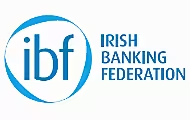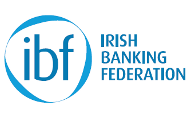
The Irish Banking Federation has reported a stabilisation in the property market in its latest housing market monitor.
The IBF reports a year on year increase of almost 30% in the number of properties listed for sale.
There were also increases in the number of property transactions and in the level of mortgage drawdowns.
However, the Federation notes that the situation in the capital is a key driver behind the trends.
In a commentary accompanying the report, Investec's chief economist Philip O'Sullivan believes that the improving economic backdrop should underpin a gradual recovery from here.
Advertisement
He also largely dismissed concerns of a property price bubble developing in Dublin.
"Based on the CSO's Residential Property Price Index, this move has only resulted in the -57% peak-to-trough fall in Dublin prices improving to a 'peak-to-current level' of -51%," he points out.
"The low volume of transactions seen at the trough in the cycle may have exaggerated the extent of the fall," he concludes.
Mr O'Sullivan also proposed the introduction of temporary tax incentives as a means of alleviating the current shortage of family homes in Dublin.
"In the absence of any meaningful new build activity, policymakers should consider introducing tax measures to encourage 'empty nesters' to trade down, thus alleviating the current shortage of family homes in the city," he said.





